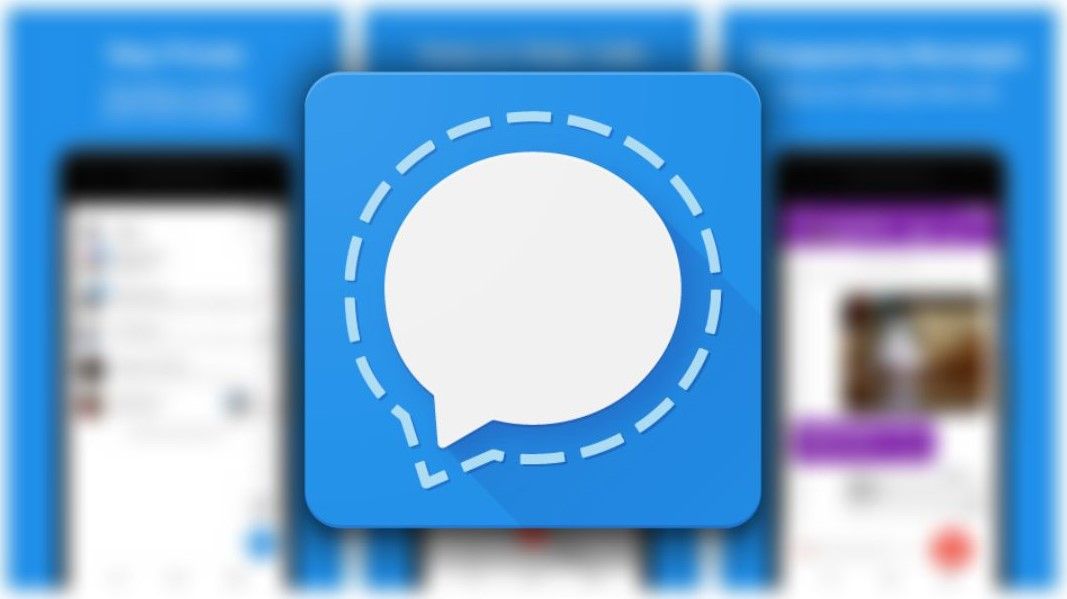Signal is universally praised as one of the most simple-to-use secure messaging apps and is endorsed by security experts around the world. However, the service's user numbers pale against popular alternatives such as Facebook's WhatsApp or Messenger — even Telegram has a bigger following according to Play Store download numbers. Wired reports that Signal is working hard to change that, as the foundation could raise its number of employees from 3 to 20 following a $50 million infusion from WhatsApp co-founder Brian Acton in 2018.
The investment has enabled the team to add features that also attract regular folks looking for a full-fledged alternative to WhatsApp and others. Since Signal is fundamentally end-to-end encrypted and doesn't store conversation metadata on its servers, like when who texted whom, the developers were faced with additional obstacles on that path. For example, the foundation had to make stickers compatible with encryption so users can send them securely and anonymously. Enabling group administration was also a hard feat, as Signal has to give administrators the ability to add and remove members without its servers knowing who's part of the conversation.
These new features seem to be worthwhile, though: Signal continues to experience a stunning growth rate as the Play Store reveals that Signal has been downloaded between 10 million and 100 million times already. Combined with founder Moxie Marlinspike's statement that more than 40% of Signal users are on iOS, you get a respectable (but still comparatively small) number.
Of course, the foundation also continues working on improving privacy. Marlinspike shares that the team has a "secure value recovery" in the pipeline which will allow users to store encrypted contacts on Signal's servers. That might mitigate the need to identify contacts via phone numbers in the future, a practice that has been widely criticized by privacy advocates as one of the messenger's weak spots. Another problem many security experts gripe with is Signal's reliance on Intel's Software Guard Extensions (SGX). It's a platform designed for secure remote computation, but it has been successfully attacked multiple times over the last few years.
Despite these issues, ex-WhatsApp co-owner Brian Acton wants to grow the service into the size of WhatsApp and is positive he can help it reproduce the success he'd had with his former company. Thanks to Signal's foundation structure, it'll likely be able to stay independent and won't meet WhatsApp's fate of being bought by a large corporation.
Source: Wired

